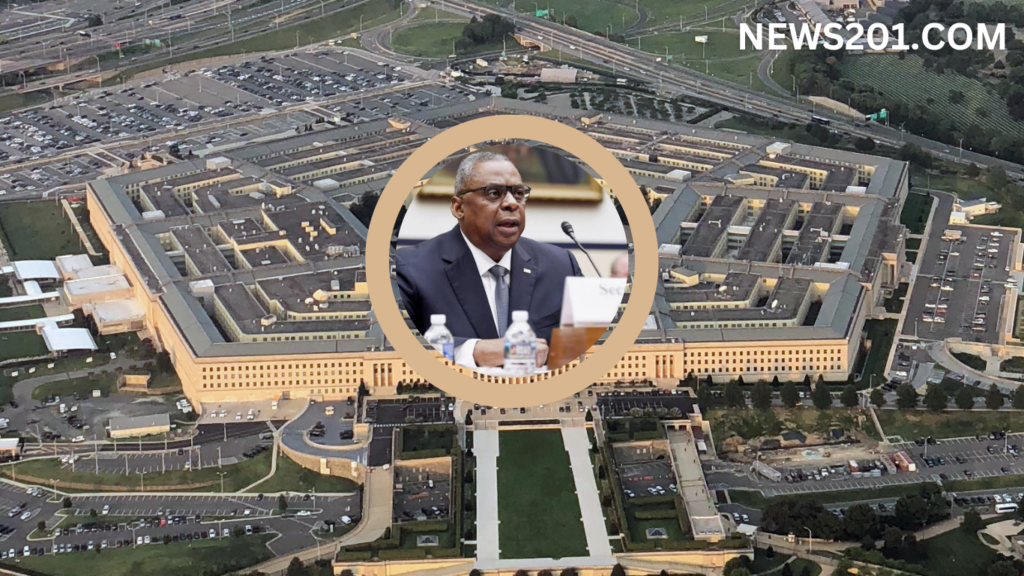
For several days, a cloud of secrecy shrouded the Pentagon, with whispers circulating about Defense Secretary Lloyd Austin’s sudden absence. On Friday, the whispers turned into shouts when news broke of his hospitalization, raising critical questions about transparency and leadership in the face of uncertainty.
Austin, 70, reportedly underwent a minor elective medical procedure earlier in the week but experienced complications that led to his admission to Walter Reed National Military Medical Center. His hospitalization remained undisclosed for days, prompting concerns about the public’s right to know about the health of such a key national security figure.
The Pentagon, through its press secretary, Air Force Maj. Gen. Pat Ryder, attributed the secrecy to “privacy and medical issues.” However, this explanation did little to quell the outrage, particularly among critics who pointed out the stark contrast to the protocol typically followed regarding the health of presidents and other senior officials.
Adding to the mystery, reports revealed that even senior Pentagon officials and members of the Joint Chiefs of Staff were kept in the dark about Austin’s condition until Friday. This lack of communication within the Defense Department raised further questions about the chain of command and the potential disruption to critical decision-making during Austin’s incapacitation.
While Austin is said to be recovering well and has resumed his duties remotely, the episode leaves a lingering sense of unease. Some argue that the Pentagon’s decision to withhold information undermines public trust and could be detrimental in times of crisis. Others argue that a balance should be struck between respecting Austin’s privacy and ensuring transparency about the health of someone wielding such immense power.
The secrecy surrounding Austin’s hospitalization has sparked a wider debate about the proper protocol for disclosing information about the health of high-ranking officials. Is complete transparency always necessary, or are there instances where privacy concerns prevail? How can such decisions be made without jeopardizing public trust or national security?
These are questions that the Pentagon will need to address head-on to regain public confidence and ensure that similar episodes do not cast a shadow of secrecy over future national security matters.





